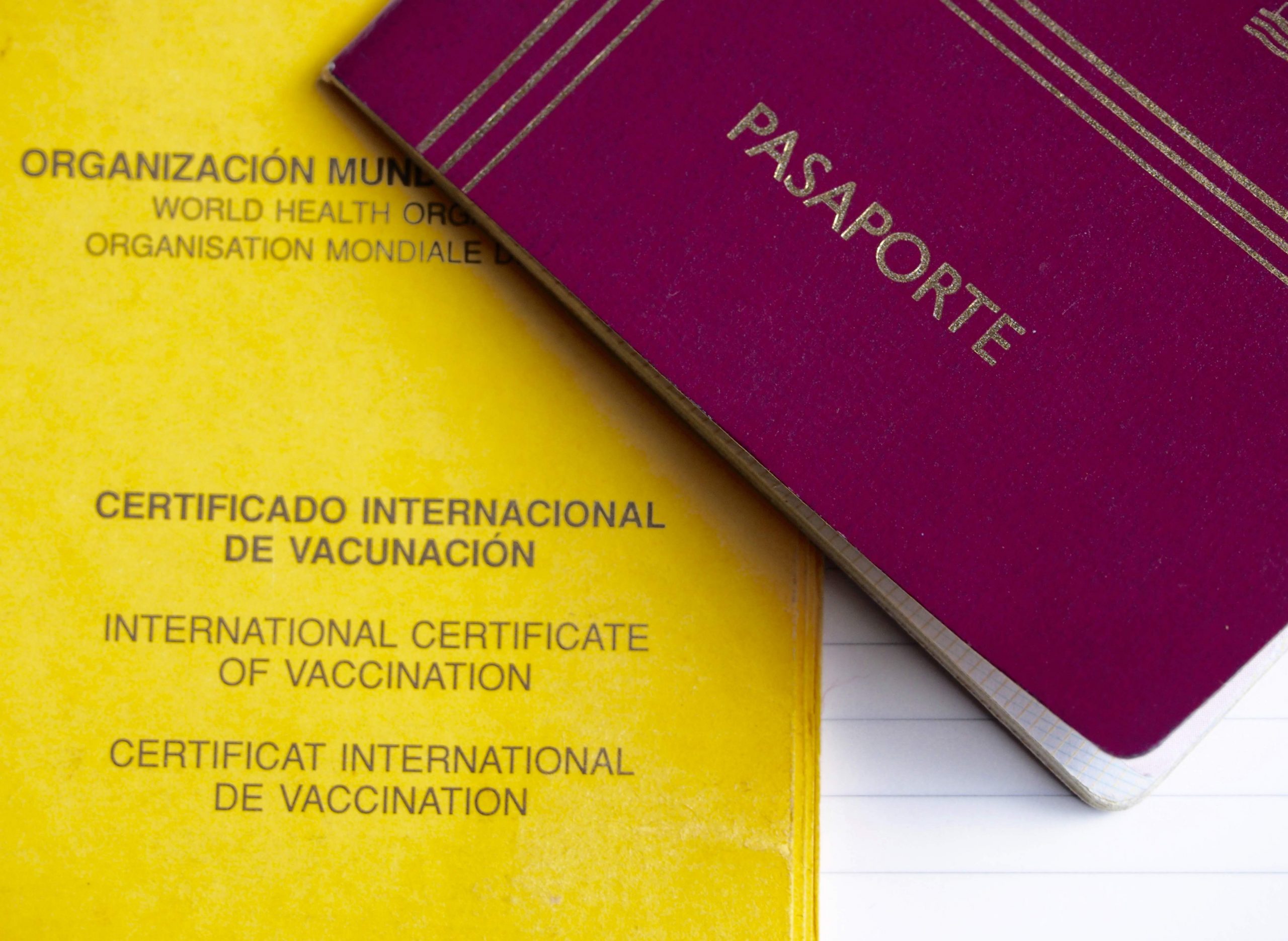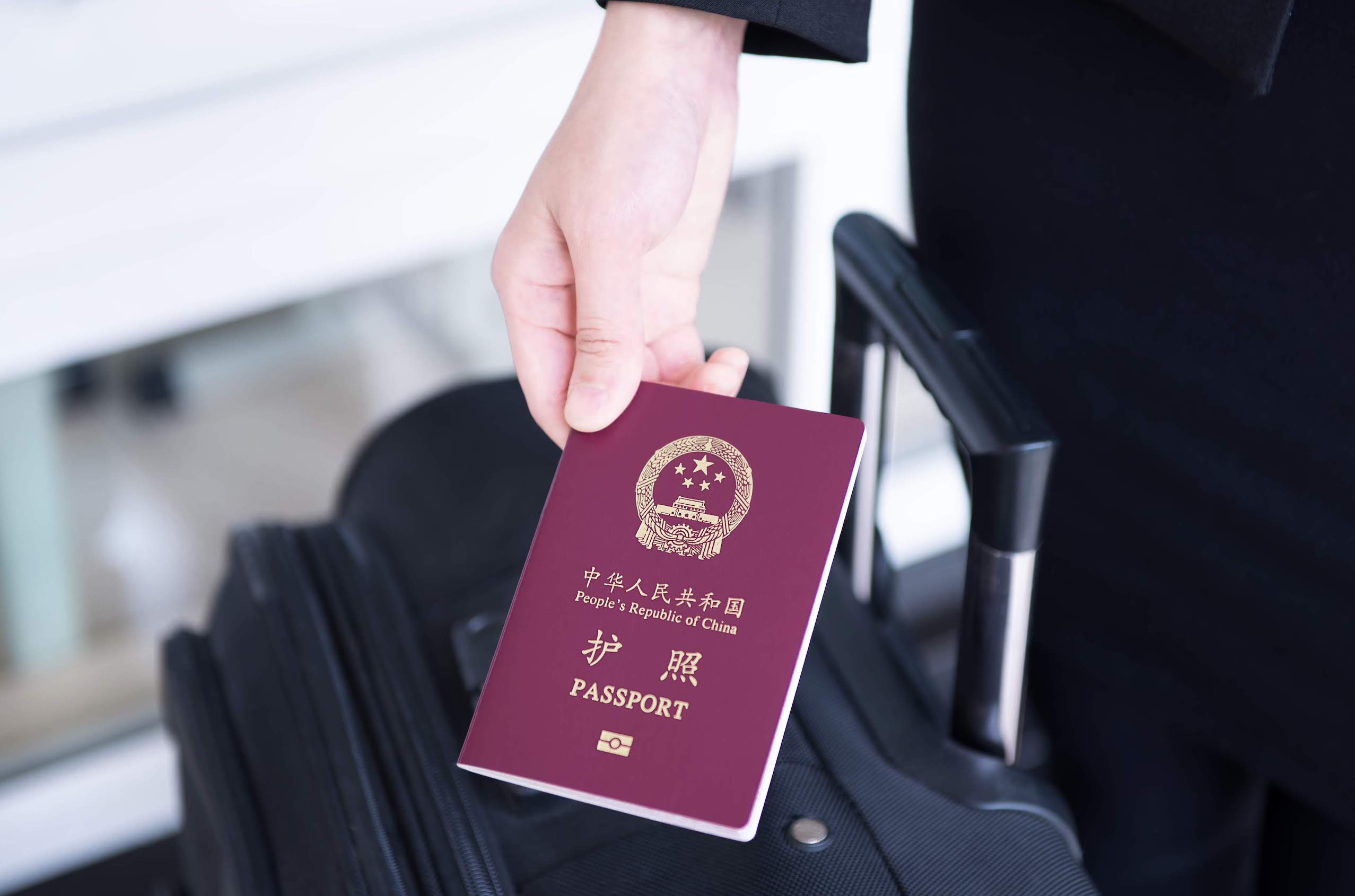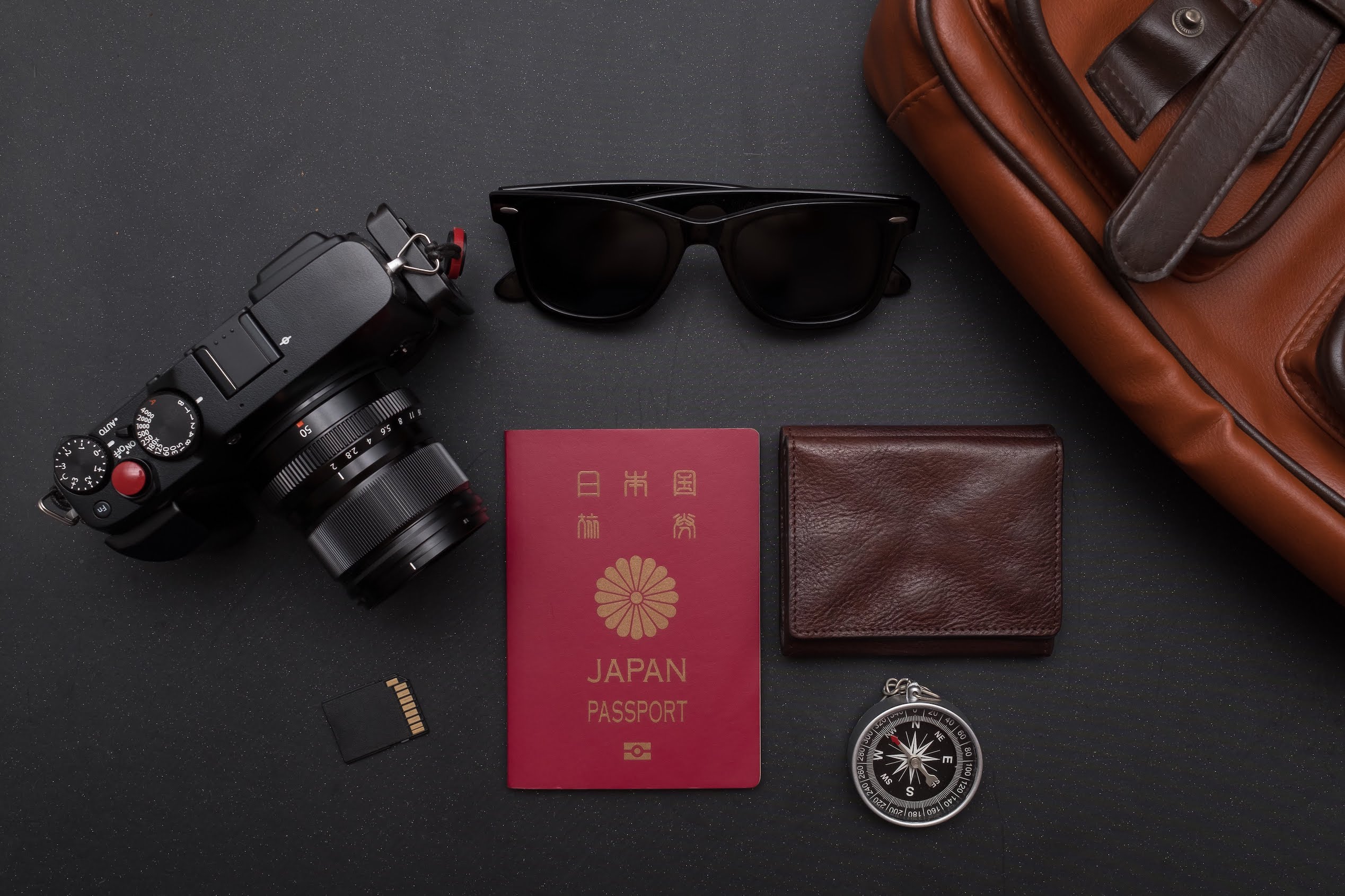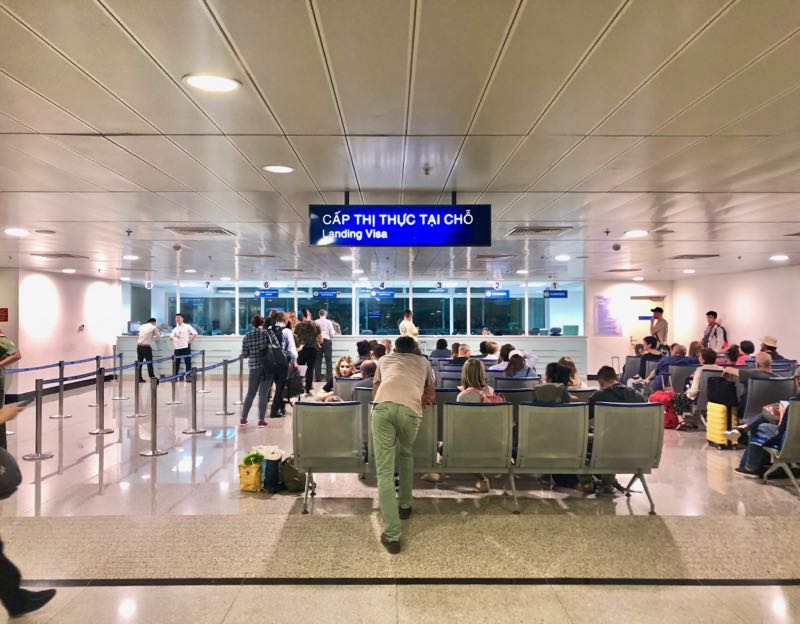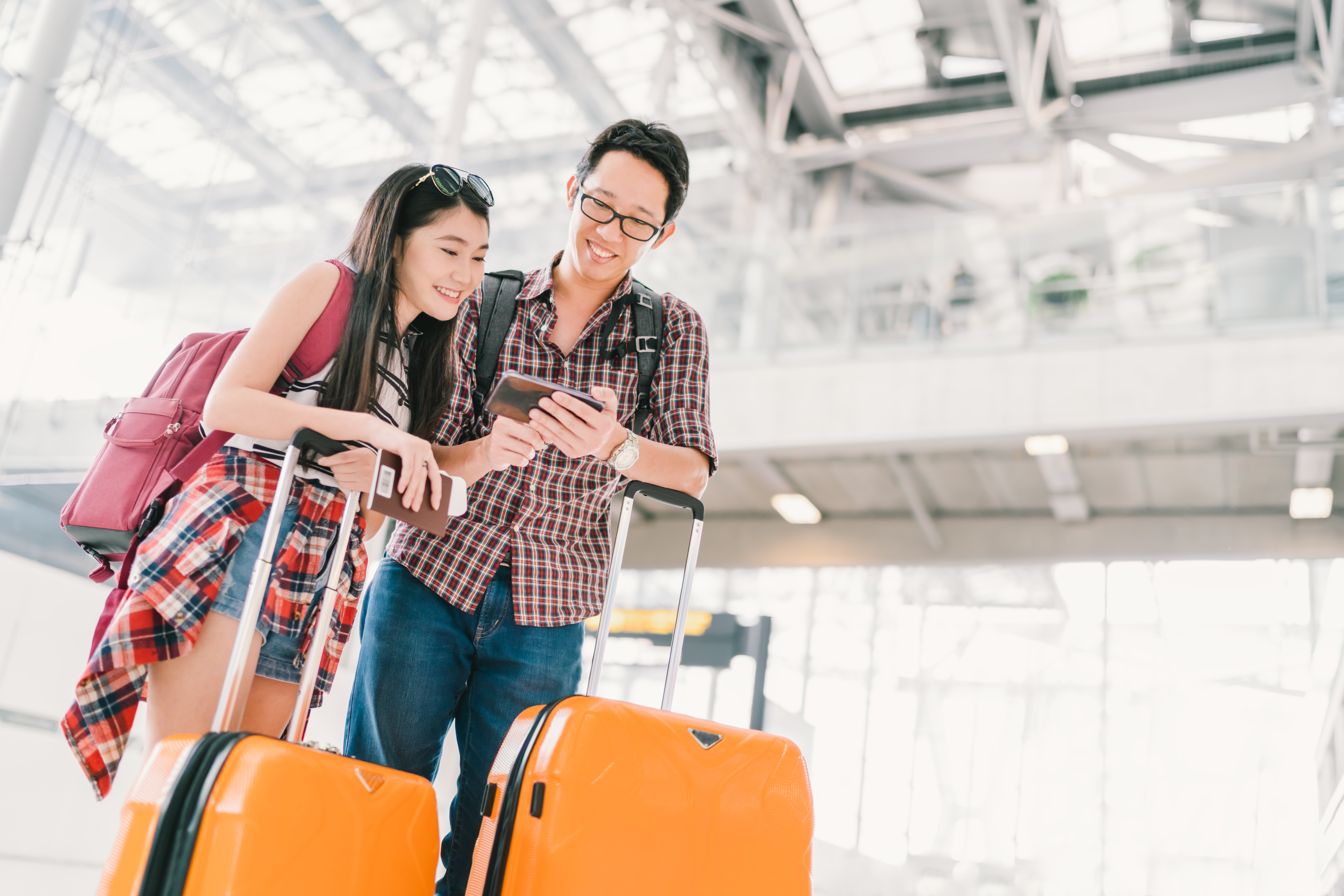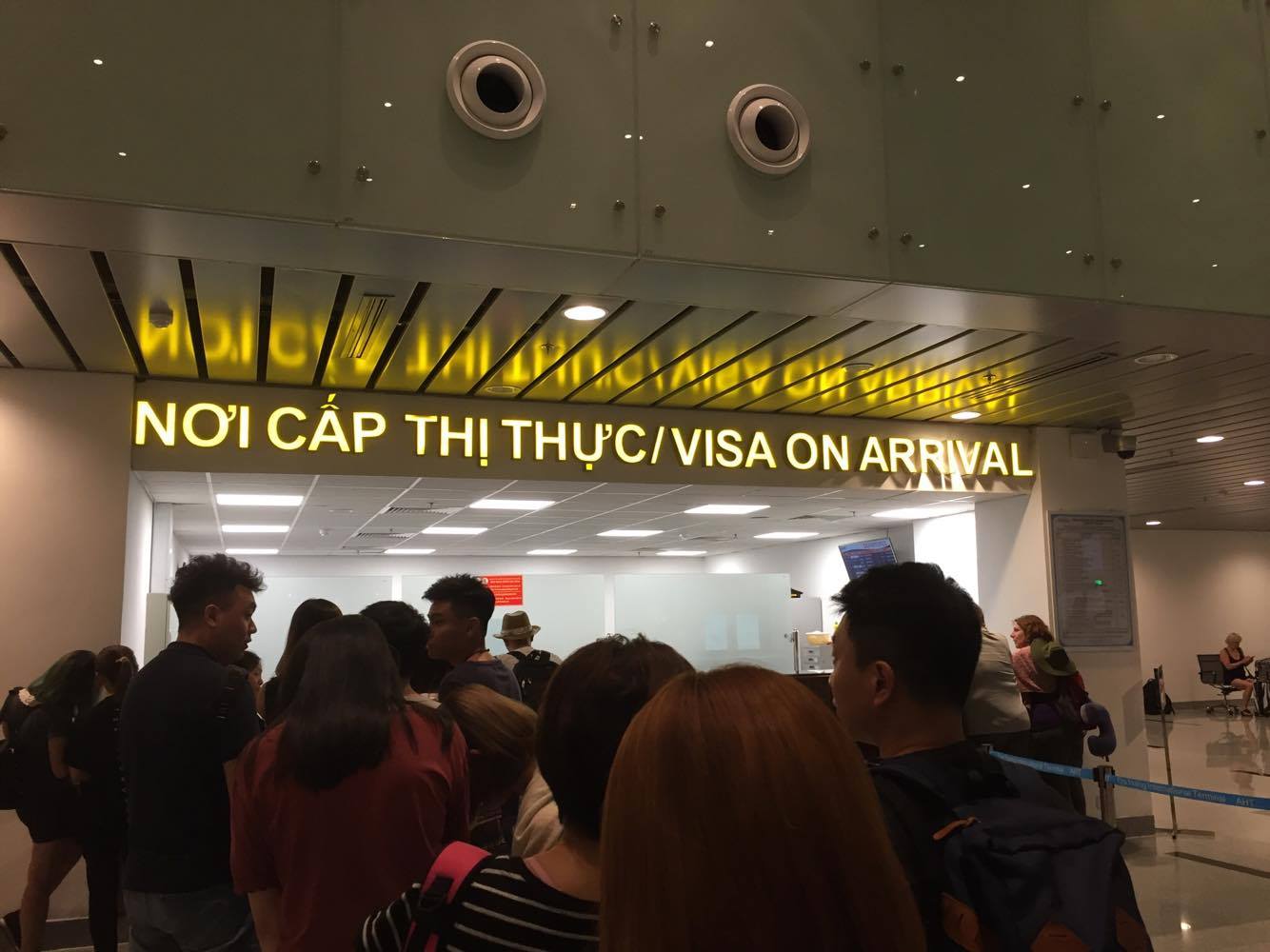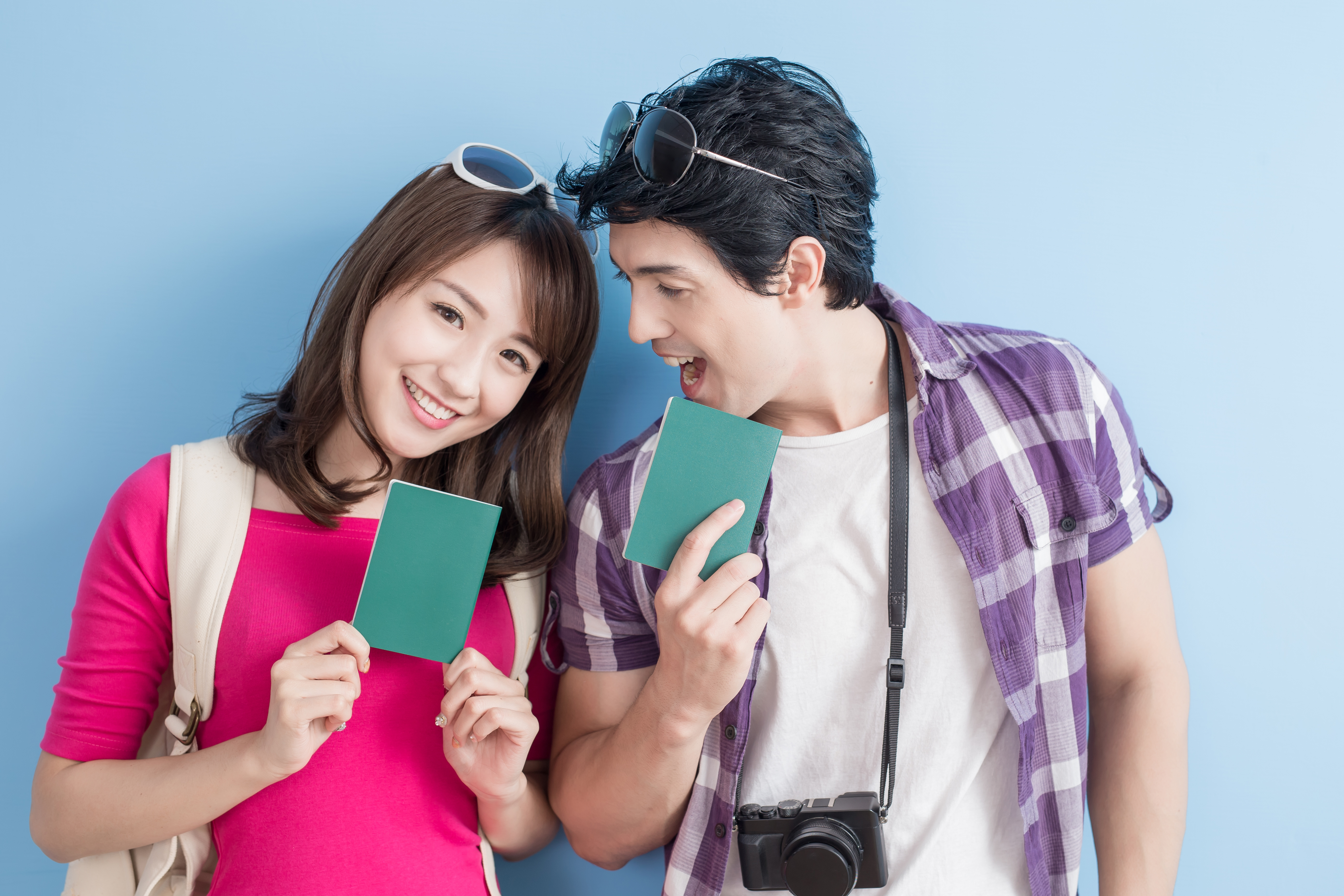Vietnam e-visa
Visa On Arrival
Vaccines To Consider Before Traveling To Vietnam
Vietnam, officially known as the Socialistic Republic of Vietnam, is home to scenic and exotic natural wonders. Being the easternmost country of the Indochina peninsula, it is also the 15th most populous country in the world. Each year the number of travelers visiting this country is increasing drastically, making it one of the fastest-growing tourist destinations in recent years. A common question among all the travelers is whether vaccines are necessary to travel to Vietnam but, currently, there aren’t any mandatory regulations on vaccinations. Yet, it is advisable to check with a healthcare professional.
The recommended vaccines for Vietnam might vary depending on the country you belong to as visitors are from all over the globe. Some of these vaccines can be taken in the form of a pill, while many are of an injection form. European countries like Spain and the Netherlands have International Vaccination Centers, which advice on vaccines to be taken depending on medical history and destination. Similarly, Centre for Disease Control and Prevention in the USA advises being up to date on vaccinations like varicella (chickenpox) vaccine, measles-mumps-rubella vaccine, diphtheria-tetanus-pertussis vaccine, and polio vaccine, for the people who wish on visiting Vietnam.
Below Listed Are the Recommended Immunizations for Most Travellers
Hepatitis A
It is a virus that affects the liver and is transmitted by contaminated food and water. Avoided by a simple vaccine. Symptoms take time to appear (2 to 6 weeks), which means the traveler can visit and come back, not knowing they’re affected. Symptoms include Jaundice, Stomach Pain and Nausea, Fatigue, Low- Appetite.
Hepatitis B
It is a virus that affects the liver and is transmitted by bodily fluids like blood, saliva. Hepatitis B vaccine is considerably the best form of protection against the virus. Symptoms include Jaundice, Fatigue, which persists for months, Belly pain.
Typhoid
Salmonella Typhi, a bacterium, causes it. There are mainly two vaccines available to prevent typhoid fever: Vivotif and Typhoid vaccine (injectable). The typhoid vaccine is recommended to most international travelers.
Japanese Encephalitis
It is a mosquito-borne virus found throughout Asia. Best protected with a vaccine. Travelers who are planning on visiting the regions affected by Japanese Encephalitis should be vaccinated against the illness. Symptoms often start with mild fever and vomiting, and over the next few days can be neurological changes.
Rabies
It is primarily caused by the rabies virus and spread through the contact of rabies-infected animals. The vaccine against rabies is recommended to all long-term travelers and to the ones who spend a lot of time outdoors.
Things to Keep in Mind
Traveling is a great experience and is exciting every minute, especially when visiting countries with scenic beauties like Vietnam. However, getting sick on holiday is no fun and disturb all the itineraries you’ve prepared. Below are a few ways to avoid getting sick while traveling to Vietnam (especially if you are someone who doesn’t agree with vaccines).
Wash Your Hands
It sounds fundamental, but it is a critical component in infection control. The National Health Service of the United Kingdom had a significant impact on controlling infection in a clinical set up only by reinforcing the importance of handwashing. It is essential in our day-to-day life, and traveling the world is no joke. You can carry small bottles of hand sanitizer and where ever possible should wash them with warm water for at least a few seconds.
Try and Stay Active
The best way to fight off unwanted infections is to stay active or regular exercise. It improves your overall well-being, which enhances your immune system and makes you less vulnerable to infections. If you do get sick, you have a great immune system built from exercise; you’ll get back on your feet in no time.
Protection Against the Sun
Sunburns can ruin the travel experience. It’s not an experience you should have. Carry sunscreen lotions of minimum SPF 50. But it goes beyond sunburn. Protection against the sun also means staying hydrated. Everyone gets so busy that they forget to drink water. Carry a bottle all the time and avoid contaminated water.
Protection from Mosquito Bites
These are an absolute nightmare. At best, you are just annoyed with them but, worst-case scenario, you are affected with dangerous diseases like dengue, malaria, and whatnot. The best ways to avoid this are by staying in Air-conditioned rooms, using mosquito coils and plug-in devices, sleeping under permethrin-coated nets, and cover-up altogether. It is important to remember that none of these methods are entirely foolproof. You can follow all of these and still get bitten. But you can always minimize risks by following these tips.
Beware of Food Contamination
Food contamination is the main reason for diarrhea and food poisoning; both you don’t want to experience, especially while traveling to Vietnam. You should always ensure that the food you are eating is fresh and served hot. You may want to avoid or be careful with salads that may have been prepared in contaminated water, fruits, or raw vegetables since you haven’t peeled yourself. You must prevent undercooked food, food that is left out or exposed for some time, and finally, avoid sharing your food. If you habituate hygiene practices, then you can at least minimize the risk of falling ill. Keep a medication that your travel health advisor has suggested to you in case of food poisoning.
Conclusion
If you have come so far, it most certainly means that you are visiting Vietnam sometime soon. There are several things you must consider when you travel to a new destination. One of which is vaccines. However, don’t forget to check and research your destination, local laws, and transportation before you start your travel to Vietnam. While in Vietnam respect the local culture and customs. Know where the nearest hospital to your accommodation is in case of an emergency. Keep a checklist for all the items you are packing and keep your travel documents with you all the time, especially your e-Visa.

